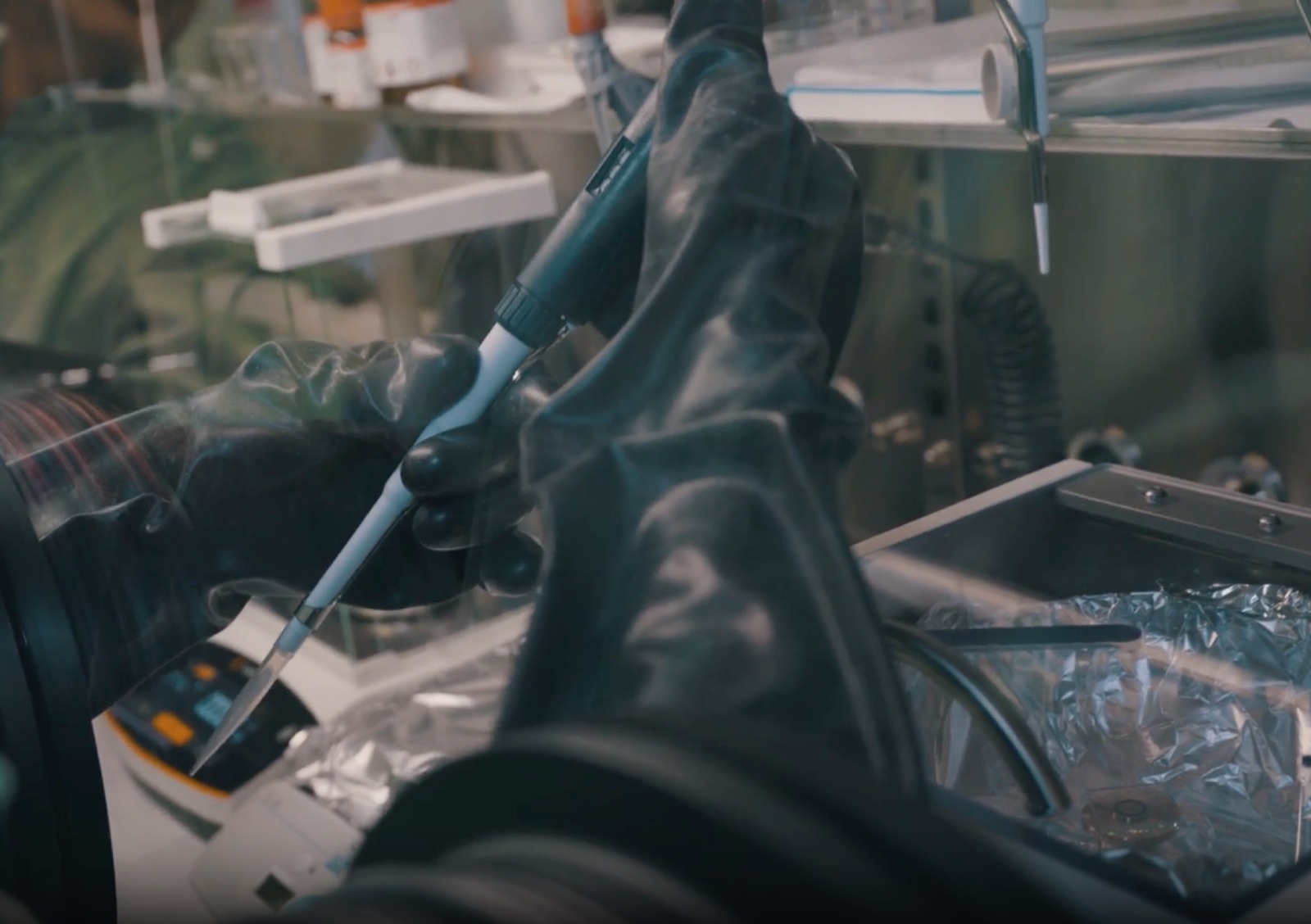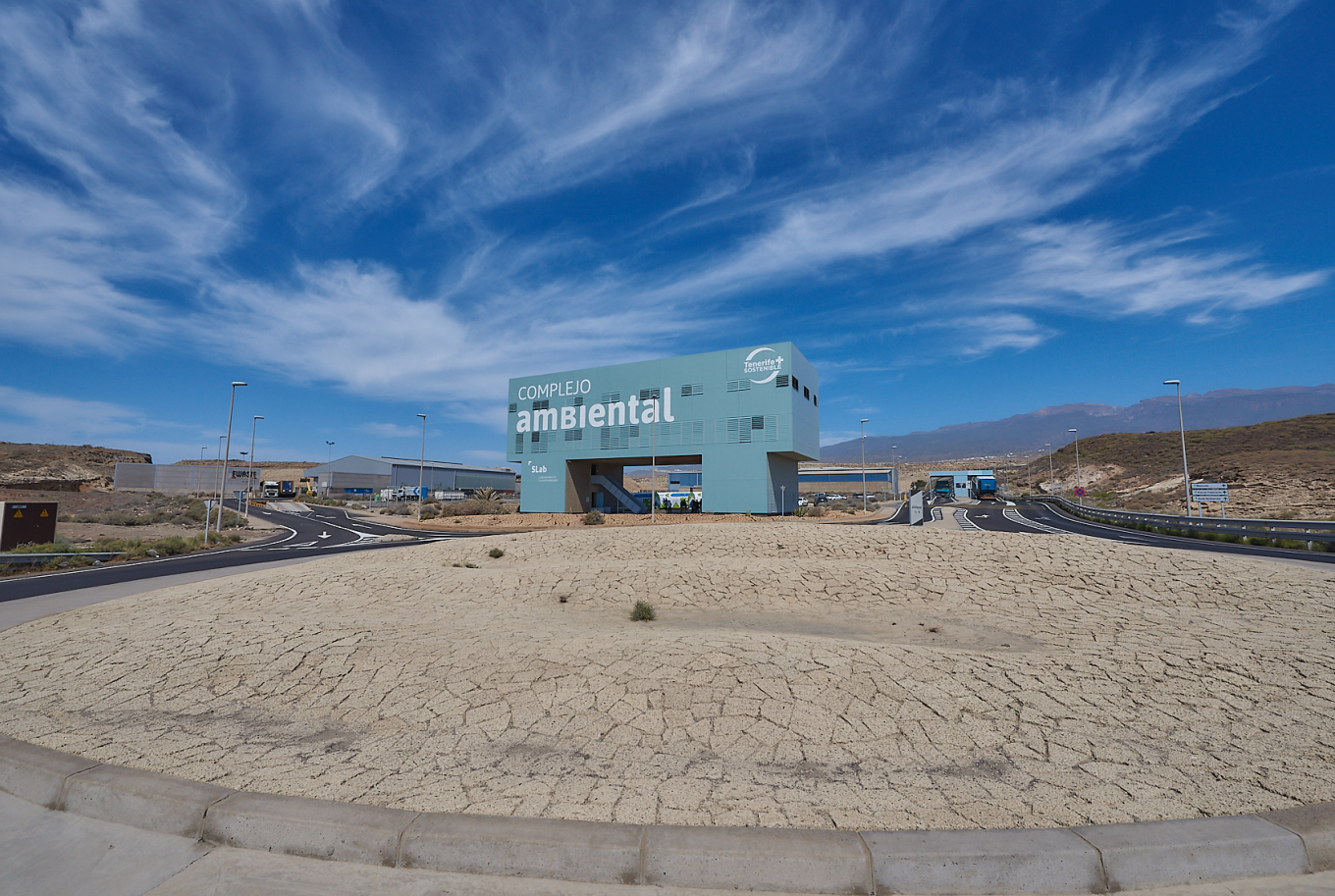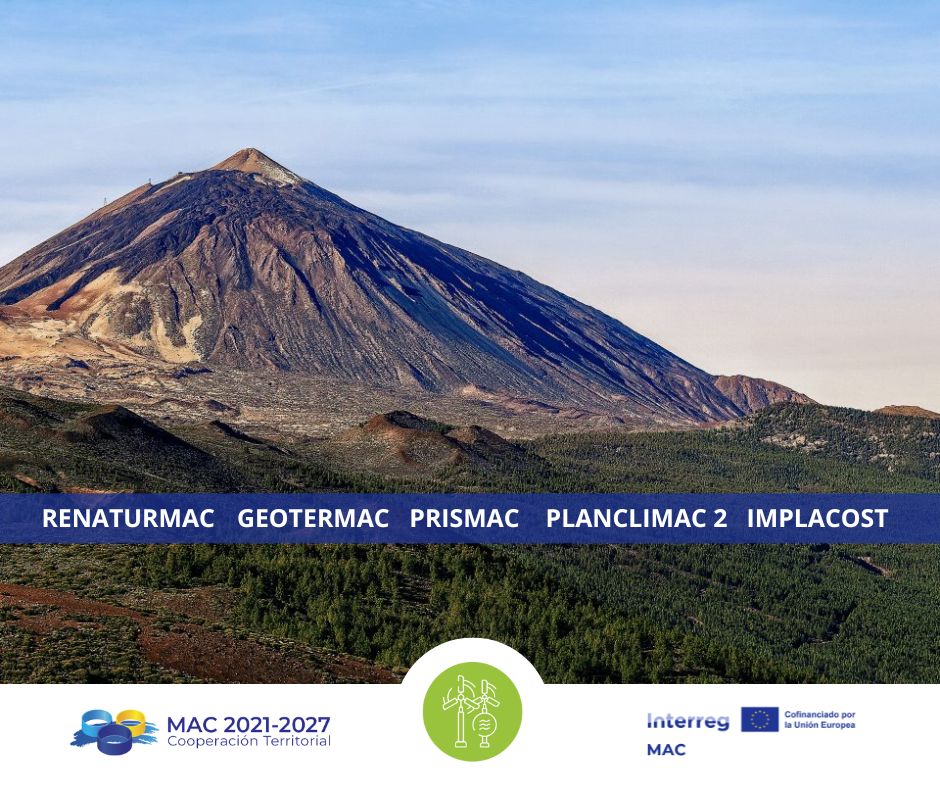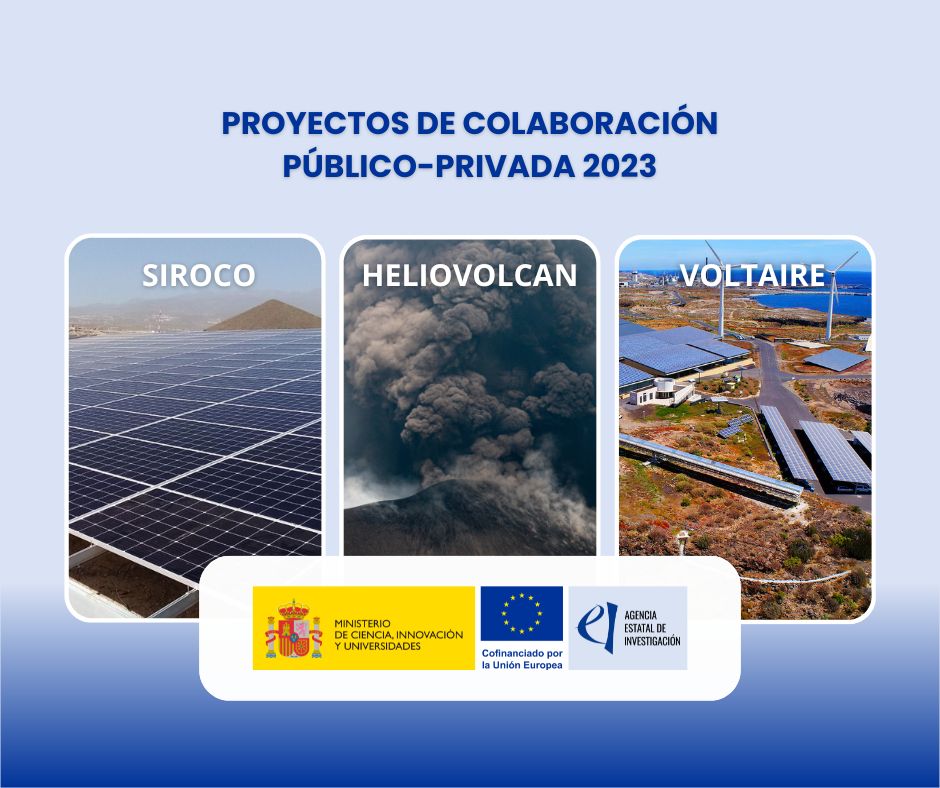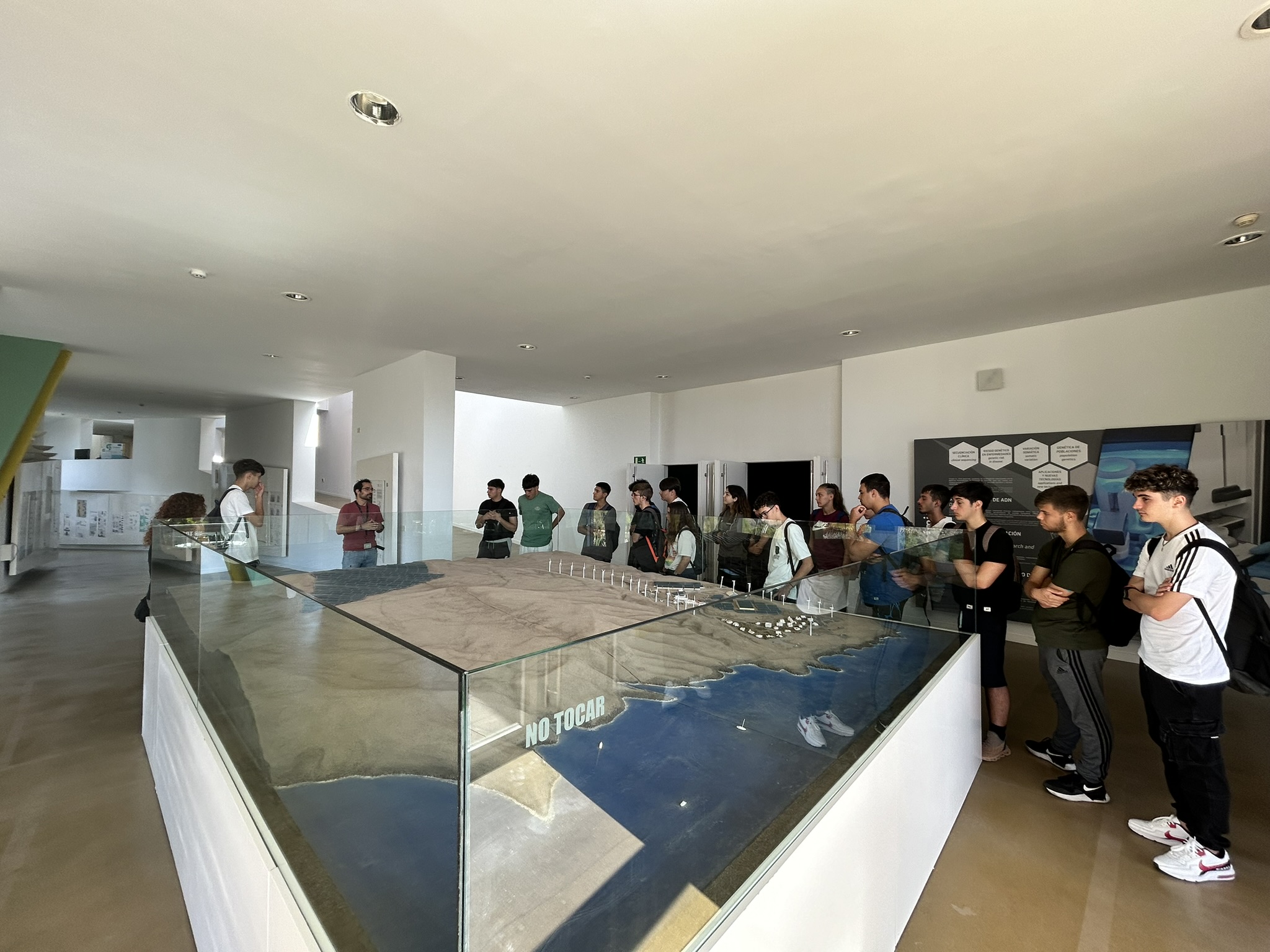This project, which aimed at boosting R&D and innovation in the energy sector, has yielded excellent results in both the Canary Islands and Senegal
The Institute of Technology and Renewable Energies (ITER), an entity under the Tenerife Island Council, will present the conclusions of the MACLAB-PV project on Tuesday, April 16, at the INTERREG MAC 2014-2020 conference on the outcomes of projects from the 2nd call. María Delgado, coordinator of the Sustainable Architecture Department at ITER and researcher of the MACLAB-PV project, will be responsible for presenting the results of this project, which concluded on December 31, 2023.
The MACLAB-PV project, with a total budget of €771,758.70, co-financed by the Madeira-Azores-Canary Islands Interreg Territorial Cooperation Programme 2014-2020 (2nd Call), aimed to improve scientific activity in the renewable energy sector and energy efficiency in both the Canary Islands and Senegal, fostering their applicability and contributing to the sustainable development of these regions. The project recently concluded, exceeding all established indicators. The following Spanish and Senegalese entities participated as partners: ITER, the Tenerife Energy Agency (AIET), the Centre for Studies and Research on Renewable Energy, CERER (University of Dakar), and the Agency for Energy and Energy Management (AEME).
The project has had an impact in various areas, notably enhancing research activity and the scientific and technological infrastructures of the partners. In the Canary Islands, 9 new R&D lines have been launched: 3 on renewable energies, 2 of which are linked to the optimized research infrastructure in the “SiCellLab” project at ITER, 3 on energy efficiency linked to the new field laboratory created in the project, and 3 on urban network energy efficiency associated with the bioclimatic laboratory “Living Lab CB ITER” reinforced in the project. In Senegal, 3 research lines linked to the MACLAB-PV field laboratories created and reinforced laboratories in the project have been strengthened. Furthermore, the scientific infrastructures of the partners have been improved, optimizing 1 reference R&D laboratory and reinforcing 3 others, as well as creating 3 new field R&D laboratories.
These improvements have led to significant advancements in both the quality and quantity of scientific results obtained by the project partners. As a result, there has been a significant increase in scientific output, with highlights including the publication of a doctoral thesis, two research plans, and six peer-reviewed scientific articles with open access. Moreover, these achievements have enabled research personnel to participate in prominent international scientific conferences, such as the European Photovoltaic Solar Energy Conference and Exhibition (EU PVSEC) and the World Conference on Photovoltaic Energy Conversion (WCPEC). A total of 13 abstracts, 11 scientific communications, 13 visual poster communications, and 6 audiovisual communications were presented at these events, consolidating the project’s contribution to the global scientific community.
Parallelly, the capacities of research, technical, and teaching personnel have been strengthened, with 255 training actions for staff conducted, involving 29 researchers associated with the project. Of these, 26 actions were linked to the training of researchers Carlos González M. and Luis M. Ocaña as doctors. Additionally, 32 actions for capacity improvement, mobility, and exchange linked to the reference R&D+i laboratories in renewable energies at ITER and CERER were carried out, involving 57 students and collaborating with research personnel from 8 universities: 2 Spanish, 3 Senegalese, 1 Moroccan, 1 Nigerian, and 1 Cape Verdean. For the training of technicians and teachers, 5 didactic workshops were designed, with 49 sessions conducted to train 107 teachers. Furthermore, 6 ICT tools were designed, implemented, and dynamically used for didactic purposes on singular R&D infrastructures of renewable energies in the Canary Islands and Senegal, and 6 tutorial videos of workshop dynamic sessions were recorded and published. Additionally, in Senegal, the didactic use of the MACSEN-PV photovoltaic plant located at CERER was optimized, transforming it into a reference installation for teaching contents on the operation of photovoltaic installations in multiple parameters.
Furthermore, the capacities of public authorities have been strengthened, and scientific activity has been brought closer to citizens through 336 advisory actions and 243 activities within the MACLAB-PV Awareness Campaign. This campaign focused on highlighting the importance of R&D and the promotion of renewable energies and energy efficiency, as well as on the technological transfer of project results. These actions have benefited a total of 131,858 people. Additionally, numerous activities to disseminate the Awareness Campaign were carried out, reaching a total of 244,765 people.
The main results of the project have been captured in a video and in the final project results dossier, available on the project website https://www.maclabpv.com/. Furthermore, the project’s milestones can be followed on its Facebook page https://www.facebook.com/MACLABPV/.


